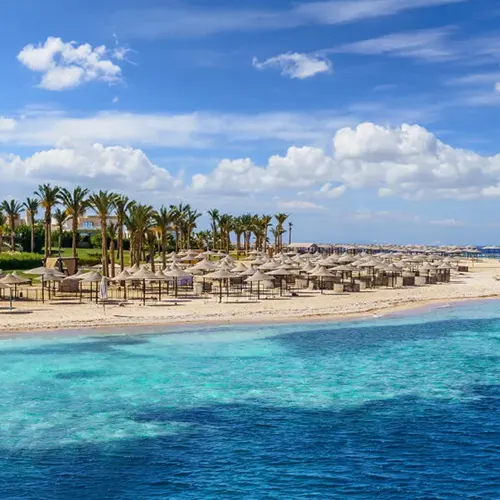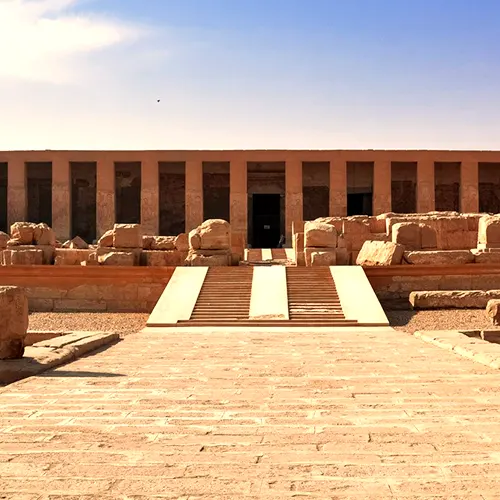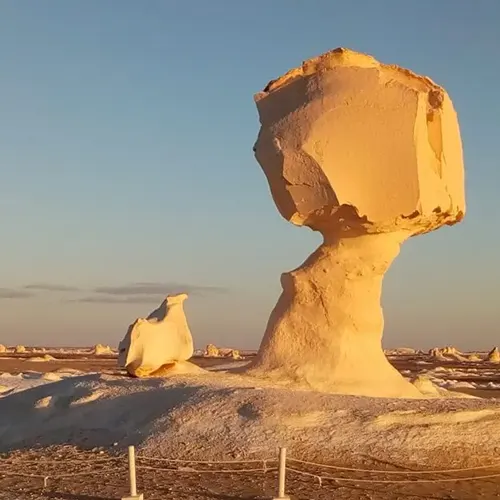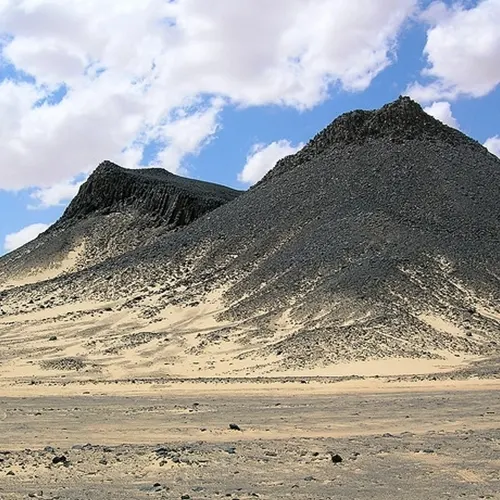
Al Minya is one of the most important governorates of the upper of Egypt as its location between northern and southern Egypt. As well, it houses many historical sites and destinations dating back to different historical times.
During the ancient Egyptian history This city was once one of the great capitals of ancient Egypt. Also, it houses three of the most famous historical sites in Egypt. These sites are Beni Hassan, Tell El-Amarna, and Tuna El-Gebel.
- Beni Hassan was a necropolis during the middle kingdom in ancient Egyptian civilization, as local rulers and military leaders built their tombs there. It houses approx. 39 carved tombs in a limestone hill. These tombs reflect the power of the high officials at that time.
- Tell El-Amarna: It is also called Akhetaten. It was the capital of ancient Egypt during king Akhenaten or Amenhotep IV period in the eighteenth dynasty, the New Kingdom. Also, it was the center for worshipping the god Aten.
- Tuna El-Gebel was a necropolis during the Greco-Roman period. The ancient Egyptians considered it the center of worshiping the god Thoth or Djhuty, the god of wisdom and knowledge in ancient Egyptian civilization.
The significance of Al Minya during the Coptic period It was one of the stages of the Holy Family during their holy journey in Egypt.
The significance of Al Minya during the Islamic period Al Minya is proud that a number of companions of the Prophet Muhammad’s (peace be upon him) visited it and were buried there, as Khaled Ibn El Walid. As well, it was the home of one of the Prophet Muhammad’s (peace be upon him) wives, who Marya the Copt.
Museums of Al Minya city
- Mallawi Museum: It opened for the first time on July 23, 1962, but it was closed after being vandalized in August 2013. Then it reopened in September 2016 after restoration for the building and collections. The museum displays the history of Al Minya through different historical periods.
- Akhenaton Museum: when the Akhenaton Museum will be opened, it will be the largest in Upper Egypt. The concept of this museum will expose the religious thought of King Akhenaten and the reunification period.




